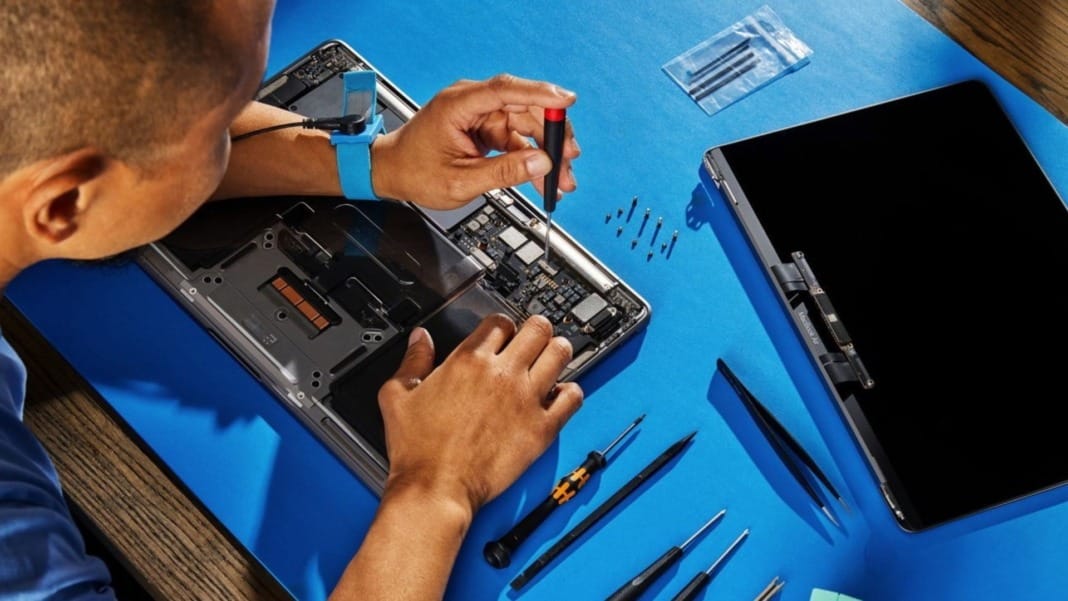Huawei is at the forefront of a new technological breakthrough, combining a cutting-edge SSD with a 60-year-old tape storage system to overcome challenges imposed by US export restrictions. This innovative hybrid is set to redefine data storage, allowing Huawei to push forward despite the limitations on accessing advanced semiconductor technology.
The development aims to position Huawei as a viable alternative to tech giants like Nvidia, particularly in the AI and data storage industries. Recently, Huawei has been promoting its Ascend AI chip to replace Nvidia’s H100, targeting Chinese hyperscalers. This bold move highlights Huawei’s determination to stay competitive globally.
The hybrid SSD tape technology
According to a report by Blocks & Files, Huawei’s new storage innovation combines Magneto-Electric Disk (MED) archive technology with a custom-built tape drive. The solution is integrating warm and cold data storage in a single device. Warm data is frequently accessed and stored on an SSD, while less often used cold data is stored on tape.
The MED operates like a traditional disk system, presenting a block storage interface rather than the streaming interface typical of tape drives. Internally, it contains a solid-state drive with NAND storage and a tape system. The tape system features a motor to move the ribbon, a read-write head, and tape spools.
Unlike conventional tape cartridges that use a single long reel, the MED design includes two reels: one for fresh tape and another to spool used tape. This compact design reduces space requirements while ensuring efficient data storage and retrieval.
A sustainable and efficient solution
Huawei’s MED offers dual-functionality, serving as an archive for cold data and nearline storage for warm data. Frequently accessed data can be retrieved rapidly at NAND speeds, while cold data retrieval may take up to two minutes as the tape adjusts to the correct position.
The first generation of the MED, expected to launch next year, boasts a capacity of 72TB. While it’s unclear if this figure represents raw or compressed storage, the MED’s power efficiency is notable. It uses just 10% of the energy required by traditional disk drives. A MED rack can deliver speeds of 8GBps, house over 10PB of data, and consume less than 2kW of electricity.
Huawei plans to introduce a second-generation MED between 2026 and 2027, further refining the technology and expanding its capabilities.
A strategic move in uncertain times
This development underlines Huawei’s resilience in navigating the restrictions the US imposes. By fusing decades-old tape technology with modern SSD innovations, Huawei is creating solutions tailored to current challenges. As China continues to invest in homegrown alternatives, Huawei’s inventive MED technology is poised to play a significant role in shaping the future of data storage.





